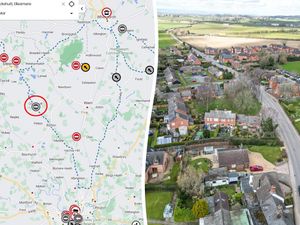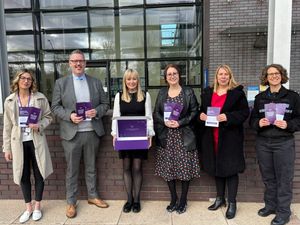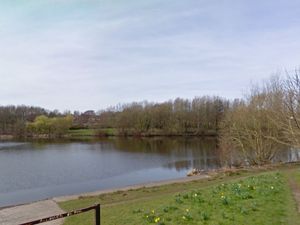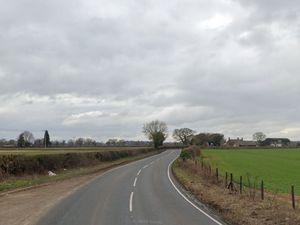Quarantine rules for people entering UK to be relaxed
A list has been published of 76 countries and territories from which people arriving into England will no longer need to self-isolate for 14 days.
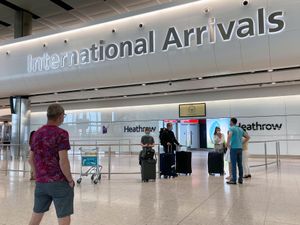
Quarantine rules for people returning to or visiting the UK from certain countries will be relaxed from Friday.
But while Labour welcomed the relaxation of the quarantine, it criticised the Government for failing to set up so-called air bridges to other countries.
Shadow transport secretary Jim McMahon said that workers and holidaymakers were paying the price of the Government’s failure to act.
He added: “The fact they have been unable to negotiate air bridges is an indictment of their failure to tackle the crisis at home.
“They were too slow to take lockdown, too slow to order PPE (personal protective equipment) and too slow to protect our country.
“Labour has consistently called for a sectoral deal that supports the whole aviation industry including the supply chain based on our six conditions.
“Tory ministers have failed to act and workers are paying the price and trips are being cancelled.”
His comments come as a survey suggested people in four European countries are more likely to oppose inbound UK tourists this summer than they are visitors from the rest of the continent.
While between 40% and 54% of Spaniards would disprove of tourists from a group of European nations, the figure rises to 61% for those from the UK, a YouGov poll indicated.
The opposition of UK holidaymakers is 58% in Germany, 55% in France and 44% in Italy.
Each country would be more welcoming to other European nations, according to the research.
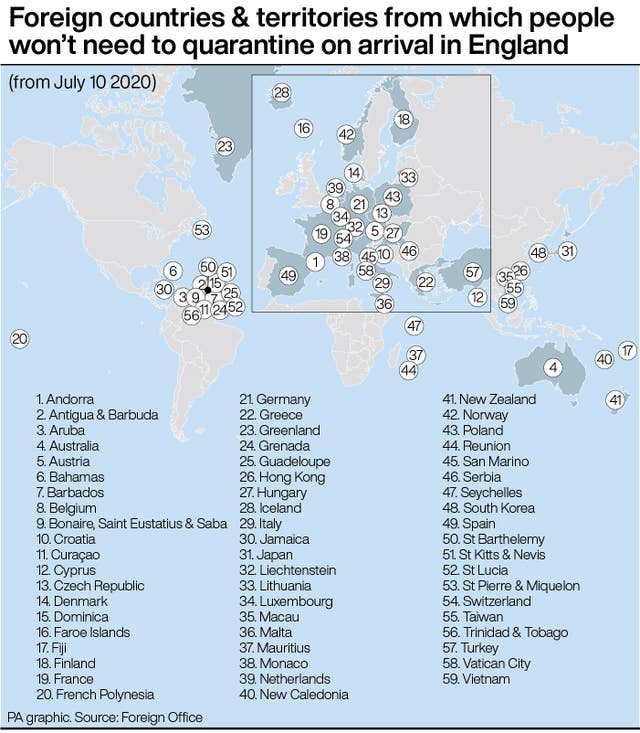
The UK Government has published a list of 76 countries and territories from which people arriving into England will no longer need to self-isolate for 14 days.
This includes Spain, Germany, France and Italy.
The Welsh Government and the Northern Ireland Executive have decided to follow the same approach.
But the Scottish Government has produced a list of just 39 countries, which does not include Spain.
Scottish First Minister Nicola Sturgeon said the “difficult decision” had been driven by the evidence in relation to the prevalence of coronavirus.

